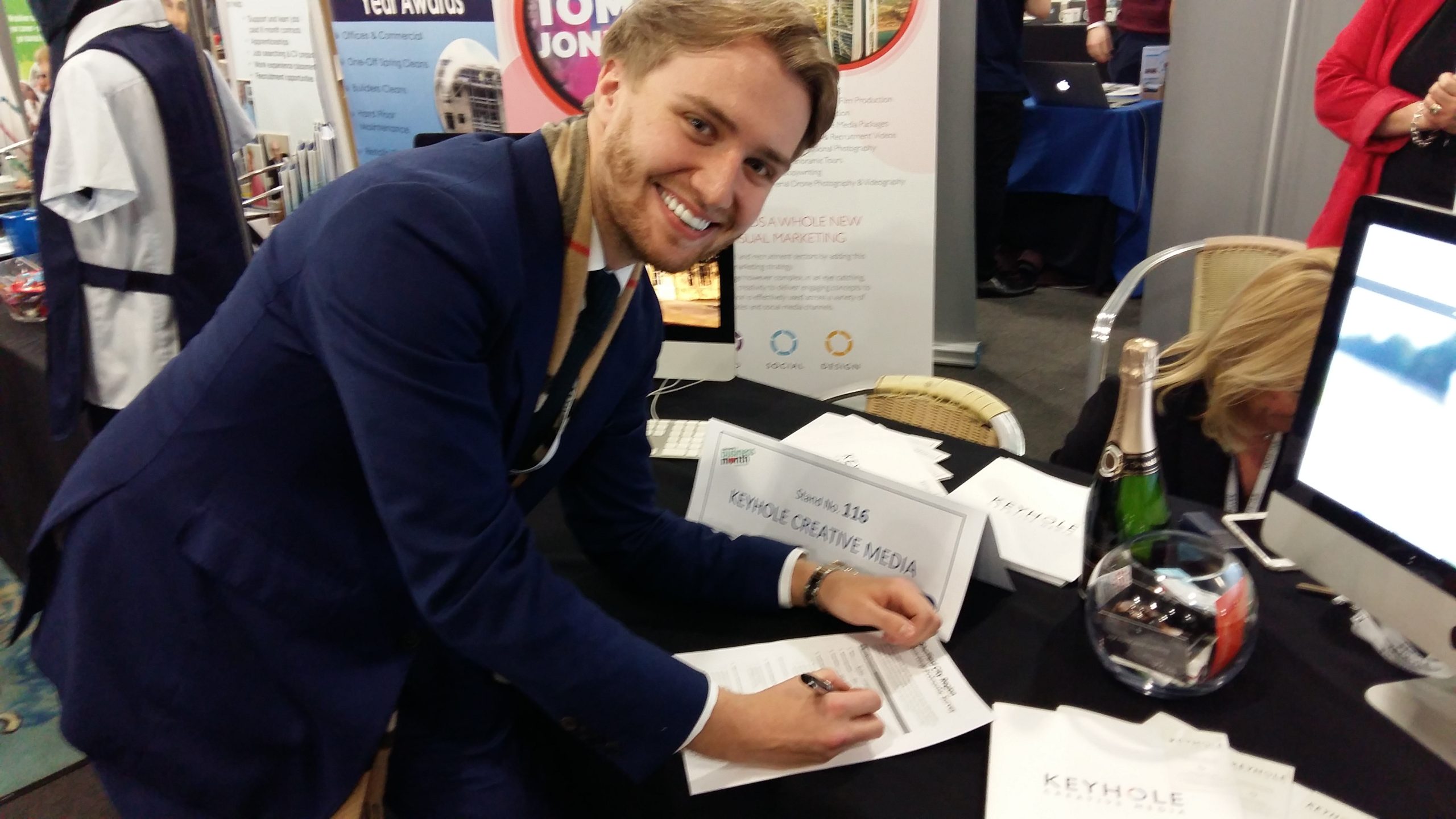When Jay Bhayani set up Bhayani Law in 2014, she had a clear vision – to create a law firm that combined expert legal advice with practical HR support. As an employment solicitor for two decades, she had seen first-hand how businesses often faced a shortfall in services.
“I always thought there was a gap in the market for an employment law and HR practice,” she says. “People either went to an employment lawyer and paid a lot when things went wrong, or they went to an HR advisor who perhaps didn’t know enough about legal risks. I wanted to put the two together.”
This hybrid approach proved to be a game-changer. By structuring the firm so that half the team were lawyers and half HR advisors, Jay created a service that was both proactive and protective.
“It just worked brilliantly for clients,” she explains. “Even now, ten years on, it’s still pretty unique in the country. As such, we’ve got plenty of clients that we’ve worked with pretty much since starting out.”
Building something new often comes with its challenges, but Jay faced an unusually large obstacle to overcome right from the off. Her first few years in business were overshadowed by a lengthy legal battle with a former employer – over her own name.
“When I left, they decided they could keep my name,” she recalls. “I had a four-year trademark dispute. I had to sell my house. My kids were young. As you can imagine, it was a really difficult situation to be in.”
The case dragged on, taking Jay to the Intellectual Property Enterprise Court, where she found herself up against a legal team citing landmark trademark disputes. “It was just little old me from Sheffield,” she says. “They were referencing cases like Jo Malone – big legal fights over branding. It was a tough period to get through.”

After four years, the case was finally resolved when the firm agreed to revoke the Bhayani trademark. Though the legal battle was draining and distracting, it strengthened her determination to make a success of her business. Jay was finally able to focus on growing the firm, and things quickly began to take off.
“Out of adversity can come really good things,” she reflects. “As soon as the case ended, it was like a massive weight had lifted. Suddenly, our fees were rocketing, and the business really started expanding.”
The firm’s innovative Watertight HR & Legal model played a big part in that growth. Instead of charging clients by the hour, Bhayani Law offered fixed-fee retainers, giving businesses unlimited access to legal and HR expertise for a predictable cost.
“We don’t just charge by the hour like most law firms,” Jay explains. “For a small, fixed fee, clients get all of our expertise. It’s a no-brainer, but we still had to work hard to sell the package at first. The penny eventually dropped – people started coming to us asking for a quote. Clients were recommending us, and it just grew from there.”
To this day, many of Bhayani Law’s clients come through word-of-mouth recommendations – something Jay and the team are incredibly proud of.
Despite its continued success, Jay began to think about the firm’s long-term future. “I could have carried on running it as a small firm. Every year, turnover and profit were going up. But we couldn’t see a huge amount of growth as a small team.”
So, she started looking for a buyer. The level of response was encouraging, but in terms of securing the right legacy and honouring a commitment to the team around her, it was important to ensure that the fit was a good one.
“The level of initial interest really boosted my confidence,” she says. “I had conversations with lots of different organisations, but I wanted to find the right match.”
Eventually, she found that in Make UK, a membership organisation supporting businesses across the country and a leading provider of employment law and HR services. Crucially, the sale allowed Bhayani Law to tap into a wider network while keeping its core values intact.
“They’ve got about 70 employment lawyers and HR advisors – essentially, a bigger version of what we do,” she explains. “It just made sense. They’ve got origins in Sheffield, which is important to me, and we saw a good fit in putting together their vast expertise with a nimble, dynamic organisation like ours. It means we can tap into a lot of different clients.”
Remarkably, in a strange twist of fate, she had written a note in her phone in the early days of the business to sell after ten years. While the sale was in its final stages, she came across it again and was shocked to discover the dates matched up.
“It was just something I wrote down and didn’t really think about afterwards,” she says. “But unbelievably it happened almost to the day. I’m a big believer in goal-setting and manifesting what you want; it’s not a spiritual thing – more that if you make a commitment and put all your focus into it, you can make it happen.”
Although Jay has sold the business, she remains at the helm as Managing Partner – a personal choice and one that has provided her with a fresh energy for the job.
“My three requirements when it came to selling were clear,” she says. “First, my team had to be looked after. I could have made it all about money, but I wasn’t willing to cut and run.”
Another key factor was being able to protect the long-standing client relationships that helped the company get off the ground.
“Some of my clients have been with me for 25 years. I didn’t want someone coming in and changing everything.”

Finally, she wanted a new challenge.
“After 30 years in law, I was ready for something different. I’m still here, still running the firm, but now I’ve got new opportunities. I can do more in London and across the country.”
Looking ahead, Bhayani Law is expanding beyond employment and HR.
“We’re now focusing on business legal services, corporate and commercial law, and dispute resolution,” she says. “Everything a business might need.”
They’re also keeping a close eye on changes in employment law under the Labour government, and will be on hand to assist with the inevitable issues businesses may run into as a result.
“The government has introduced the Employment Rights Bill, and there’s a massive list of proposed changes,” she explains. “Employers are going to have tough decisions to make. We want to be at the forefront of that, helping them navigate it.”
For those looking to start their own business, Jay’s advice is simple – think long-term.
“Don’t just focus on starting a business – think about how it’s going to end,” she says. “Always have an exit plan.”
She also suggests doing a bit of wider reading in your business journey, crediting books like Built to Sell and Finish Big with helping her shape Bhayani Law into something valuable.
“They make you think about setting up a business so that when you leave, you don’t just close the doors – you sell it. It’s about building something with real long-term value.”
Reflecting on her journey, there’s little she would change – except for one thing.
“I sacrificed a lot of time with my kids,” she admits. “I come from a generation where you just worked and worked. But younger generations prioritise balance more, and maybe they’ve got that right. I’ve managed to get that balance back a bit now.”








